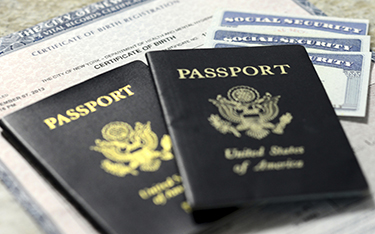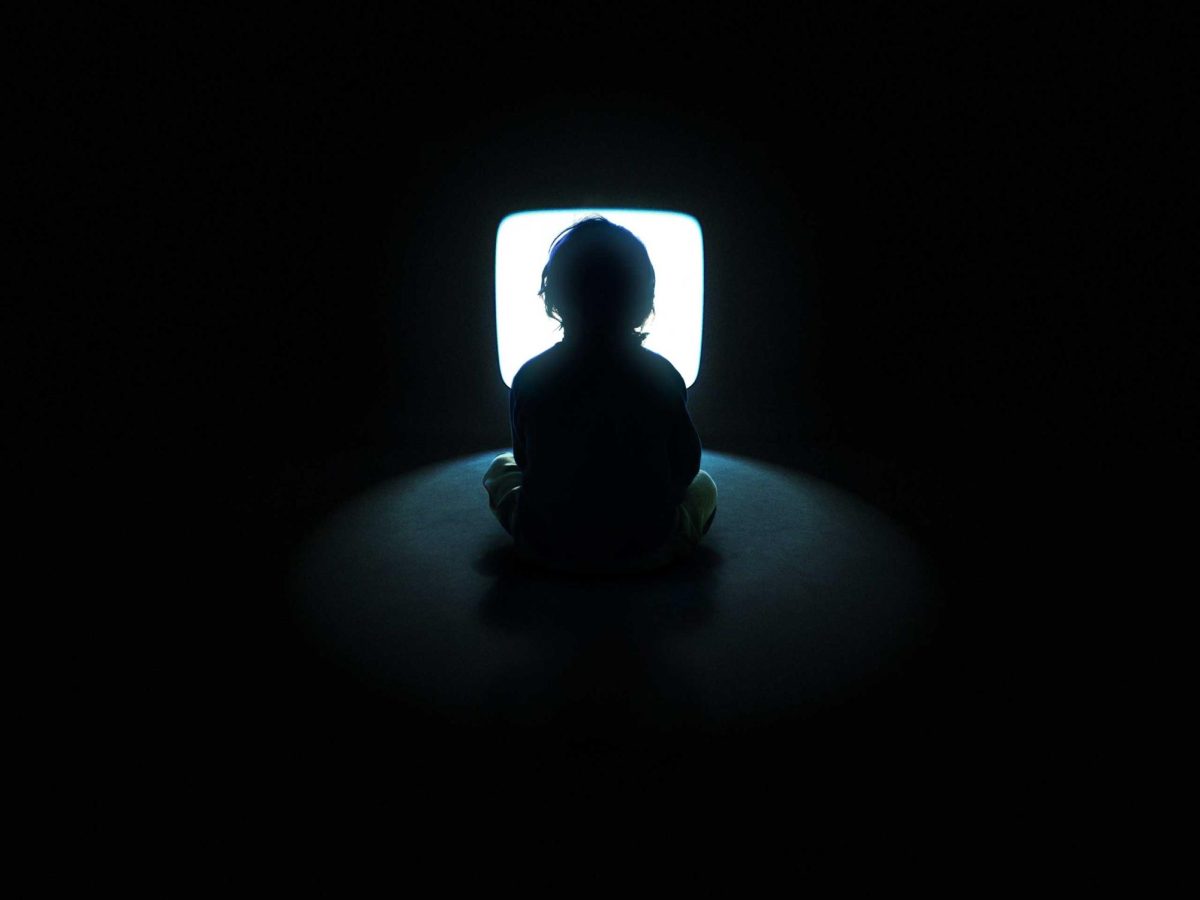You may have heard people talking about Roe v. Wade and become curious about it, but what does it mean? In 1970, Jane Roe (a name used in court to protect a plaintiff’s identity) filed a lawsuit against Henry Wade, the district attorney for Dallas, Texas. Jane Roe challenged a law that she believed was too vague and violated her right to personal privacy.
Abortion is a medical process in which a pregnancy is ended. Using surgery or medicine, a fetus is removed from a woman’s uterus. About 930,000 abortions were performed in 2020 in the United States.
The law proposed was a ban against abortion in the state of Texas. When the case was taken to the Supreme Court in 1973, 7 Justices decided to make abortion legal under some exceptions. The law states that in the first trimester of pregnancy, the decision to abort a baby is between a woman and her doctor. In the second trimester, the state can limit which processes are allowed to terminate a pregnancy. In the third trimester, a woman is not allowed to have an abortion, with the exception to save her life.
In Roe v. Wade, the 14th Amendment was applied to a claim that the abortion ban violated a woman’s right to privacy and her right to equal protection under the law. The 14th Amendment provides every citizen of the United States equal protection under the law. This means that every person born in the United States has the same civil and legal rights. The justices of the Supreme Court agreed upon this at the time.
In 2022, Roe v. Wade was overturned. Throughout the past 50 years, politicians against abortion appointed judges and justices who strive to stop abortion completely. As of 2024, 6 justices are conservative, and 4 have a record of voting to sustain abortion restrictions and bans. Between 2016 and 2020, Neil Gorsuch, Brett Kavanaugh, and Amy Coney Barret (people who have a record of being against abortion rights) were appointed to the Supreme Court. On June 24, 2022, the Supreme Court brought Dobbs v. Jackson Women’s Health Organization, a case that challenged a ban on abortion at 15 weeks of pregnancy. The decision of the court overturned Roe v. Wade.
For the months after the overturning, 18 states set laws that made abortion illegal or extremely close to illegal. From the Deep South to parts of the East, abortion has been outright banned. Arizona, Utah, Florida, Nebraska, Georgia, South Carolina, and North Carolina have put heavy restrictions on abortion.
Racism and prejudice are two things that pushed abortion out of reach for many. Minorities in America have had trouble accessing healthcare like abortion for years, and the overturning of Roe v. Wade pushed it even farther out of reach.
In California, abortion is still legal before the baby can live on its own, which is about 24 weeks pregnant. A minor can get an abortion without permission from a parent, guardian, or family member without repercussion. California law makes sure medical privacy is prioritized. For example, if someone under 18 years old wanted to get an abortion under their guardian’s insurance plan, records of the abortion can’t be accessed. Healthcare providers cannot inform a guardian if a minor gets an abortion under their care, but if signs of abuse are detected, police may become involved. If police become involved with possible abuse, the guardian(s) may be contacted.
If a student wants to get an abortion, they won’t have to tell the school what type of care they are receiving. Minors also have the right to go to their appointment alone. Recently, a bill was passed that prevents pharmacists and medical workers from being fined for sending abortion pills to states where the pills aren’t accessible. Even if they aren’t a resident, people can also come to California to have a legal abortion if abortion is illegal where they live.
According to polls taken from Gallup News, 85% of Americans believe abortion should be legal as of May 2023. Despite the population being split in half on pro-life or pro-choice, Americans want women to have rights to their bodies.
Roe v. Wade, a case that protected the rights of many people for almost 50 years, was overturned. The overturning diminished the rights of nearly 168 million people in America, and they decided what they could do to their bodies without their say in anything. Many who want to get rid of something they didn’t want, can’t.
Sources:
- “Roe v. Wade.” Oyez, www.oyez.org/cases/1971/70-18
- https://www.plannedparenthoodaction.org/issues/abortion/roe-v-wade
- https://abortion.ca.gov/your-rights/your-legal-right-to-an-abortion/index.html
- https://news.gallup.com/poll/1576/abortion.aspx
https://www.aclunc.org/our-work/know-your-rights/know-your-rights-abortion-access-california























